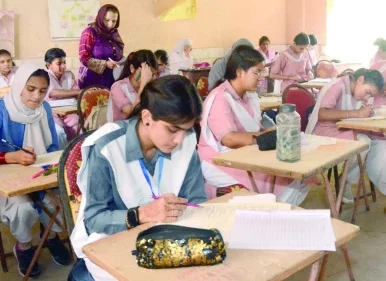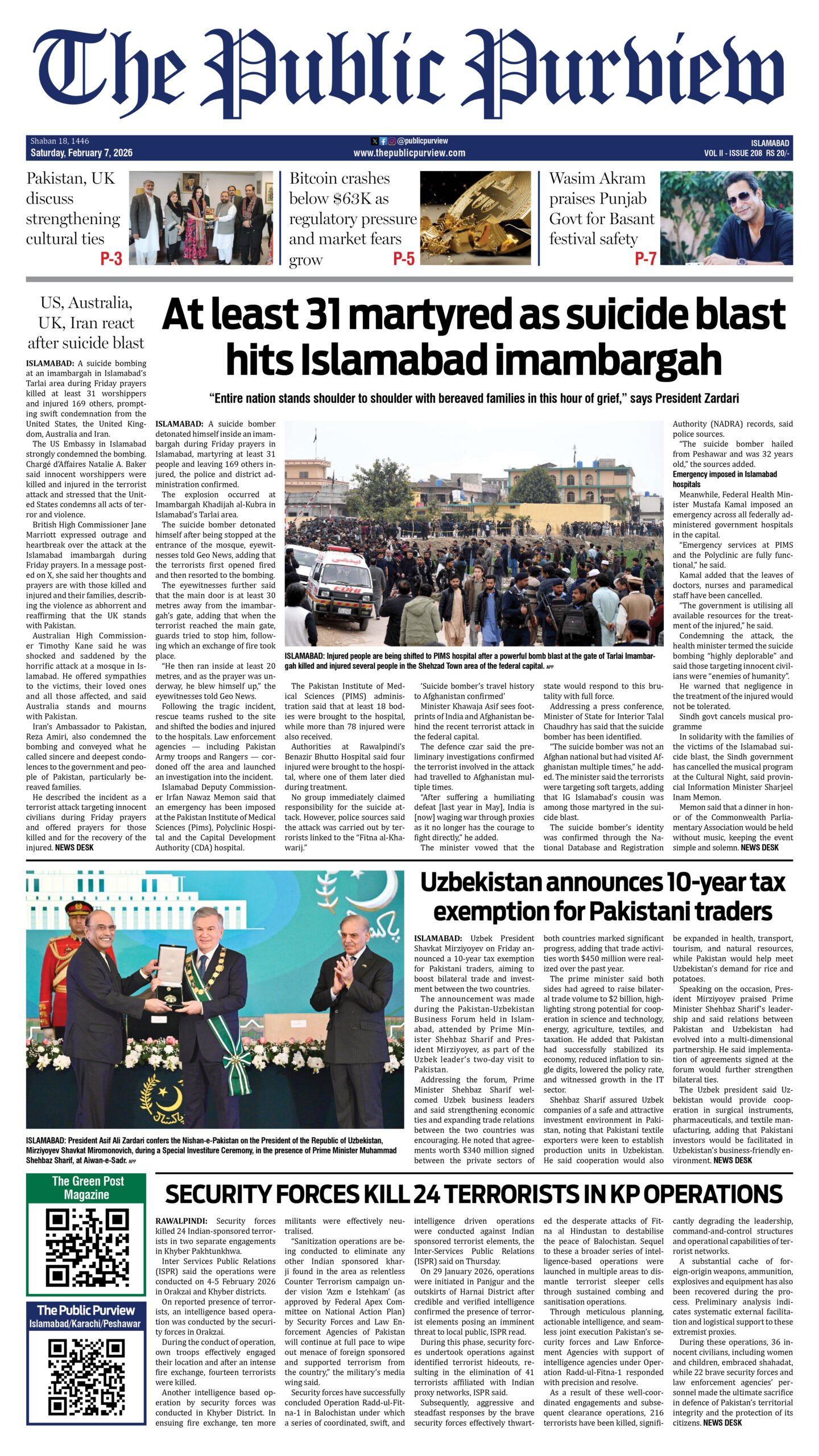The revisions made by Bangladesh’s interim government could reignite political tensions in the South Asian country.
Bangladesh’s caretaker government revised the national curriculum and replaced Sheikh Mujibur Rahman with General Ziaur Rahman as the nation’s founding figure.
According to her, this step aims to correct historical inaccuracies in school textbooks.
According to the National Curriculum and Textbook Board, the updated texts claim that Ziaur Rahman was the first to announce the independence of Bangladesh on 26 March 1971 through Bangla Radio.
Sheikh Mujib’s formal declaration of independence on 27 March is also mentioned, but redacted.
The curriculum changes come after Sheikh Hasina’s 15-year rule ended last year amid student protests. Critics have long accused Hasina’s government of manipulating historical narratives to match her political legacy.
Rokhl Raha, a researcher involved in the curriculum revision, said previous textbooks contained exaggerated messages that needed to be corrected.
He added: “Our goal was to provide fact-based narratives without political bias.”
The revisions could reignite political tensions.
Supporters of Mujibur Rahman, who led Bangladesh’s independence movement, consider him the Father of the Nation. Meanwhile, defenders of Ziaur Rahman say he not only declared independence but later saved the country from Mujib’s pro-Indian policies.
This division shaped Bangladeshi politics for decades, with Mujib’s daughter, Sheikh Hasina, and Zia’s widow, Khaleda Zia, dominating the political scene. The rivalry often resulted in one ruling while the other faced prison.
The curriculum changes mark a significant shift in Bangladesh’s approach to teaching its tumultuous history and are likely to fuel further debate about its national identity.
Thousands march in Bangladesh to mark student-led uprising
Thousands of Bangladeshis gathered for a “March for Unity” in the capital Dhaka on Tuesday to commemorate the student-led uprising that ousted longtime prime minister Sheikh Hasina five months ago and to remember more than 1,000 people killed in the violence.
The Students Against Discrimination (SAD) group, which led the protests, dropped plans to call for changes to the country’s 1972 constitution at the assembly after the caretaker government announced on Monday that it would prepare a proclamation.
The SAD says the “Proclamation of the July Revolution” is necessary to honor the victims of the protesters who died or were injured and serves as a document reflecting the aspirations of the people. Some political analysts have expressed concern that new instability could result if students push for changes to the constitution without a broader consensus.
The press office of Nobel Peace Prize laureate Muhammad Yunus, who leads the interim government, said he would seek a national consensus on a “July Uprising Declaration”, focusing on unity, state reform and the uprising’s broader goals.
She expressed hope that the declaration would be finalized soon. On Tuesday, groups of students arrived from across the country, and families of those killed in the riots also joined the rally. They carried the national flag and chanted slogans against Hasina.
“My son Shahriar, a ninth grade student, was killed (during the protests),” Abul Hasan told the rally. “Our tears will never stop, this pain will never end.” The protests were initially sparked by opposition to public sector job quotas. What began as a student-led movement quickly turned into a wider nationwide uprising against Hasina’s government.
The unrest reached its peak on August 5, when violence forced Hasina to resign and flee to India, just before protesters stormed her official residence. Over 1,000 people were killed during the protests. An interim government was formed to restore stability and prepare for elections






 Today's E-Paper
Today's E-Paper